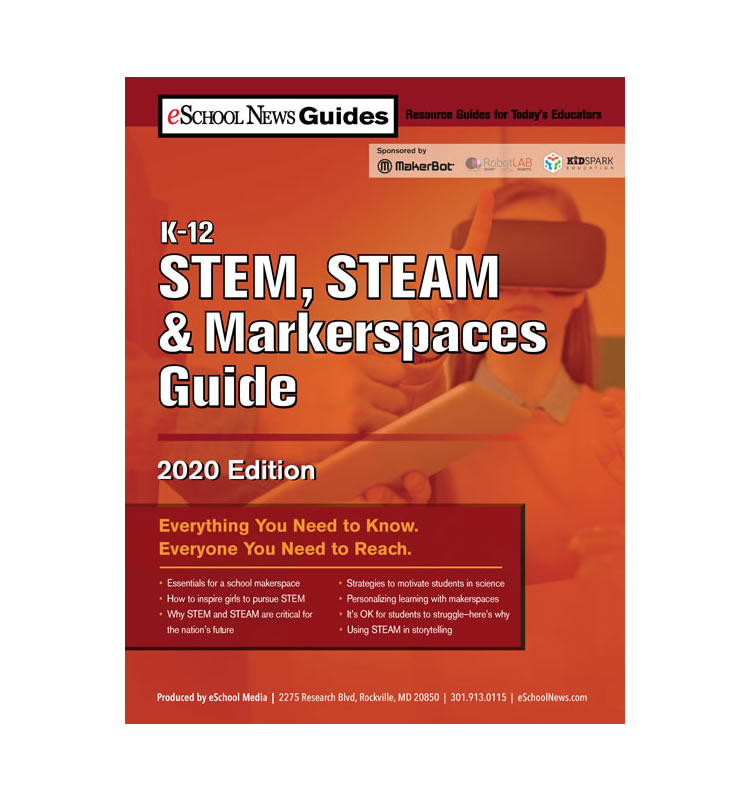We hear it time and again, but the truth of the statement cannot be emphasized more: STEM education is vital to our nation’s success as a productive leader in the global economy.
According to STEM education experts, schools should start to view STEM not as a standalone subject, but as something that can be integrated into all types of learning, relevant to all industries.
Giving students a link to the real world can help them warm to STEM education–for instance, when they learn how the math and science they study impacts real things in their everyday lives, the topics are more significant and relevant.
Nearly all Americans (94 percent) in a recent survey say STEM education creates a love of science and mathematics in children from a young age. While Americans clearly advocate for STEM education and see the career advantages it offers, a whopping 83 percent of survey respondents think the U.S. is lagging behind other countries when it comes to STEM in public education and careers.
Related Content:
eSchool News STEM, STEAM, & Makerspaces Guide
The eSchool News STEM, STEAM, & Makerspaces Guide is here! It features strategies to help you integrate STEM, STEAM, and makerspace education into classrooms, and it offers a look at how these tools engage students and give them valuable skills. A new eSchool News Guide will launch each month–don’t miss a single one!
Twenty-six percent of Americans believe it’s most important to incorporate STEM learning in kindergarten through second grade (28 percent), followed by third through fifth grade (26 percent), and sixth through eighth grade (20 percent).
Here are 6 important things to know about the state of STEM education:
1. According to the International Math & Science Study, the U.S. has seen nearly 2 million new STEM jobs in the past decade, but students’ math and science scores continue to lag behind those of other nations.
2. Interest in and urgency behind STEM education increased greatly with the 2005 release of “Rising Above the Gathering Storm.” The report argued that U.S. students were academically behind other countries in terms of STEM achievements, and it predicted dire economic consequences of a poorly-prepared workforce.
3. Eighty-six percent of Americans say they believe growing a strong STEM workforce is essential to the nation’s success in the global economy. STEM industry experts and science experts echo that importance.
4. One of the best ways to build interest in STEM education–and as a result, STEM skills–in students is with activities built around engaging materials and concepts, along with hands-on learning and real-world relevance. Project-based lessons help students learn STEM skills as they also build employability skills such as creativity and innovation, problem solving and critical thinking, and collaboration and leadership.
5. Growth of undergraduate STEM grew 43 percent from 2010 to 2016. Eighty-six percent of high school graduates said they plan to pursue a STEM career, and 3 in 4 college graduates majored in STEM-related fields in 2018. However, with 8 of the 10 fastest-growing jobs in STEM fields, 2.4 million positions still went unfilled in 2018.
6. The STEM education crisis isn’t over: 92 percent of employers say their need for employees with technical skills is increasing, and 74 percent say finding the right talent is proving more difficult.
- Friday 5: Virtual field trips - April 26, 2024
- Google, MIT RAISE launch no-cost AI training course for teachers - April 26, 2024
- 4 ways to support work-based learning - April 23, 2024


